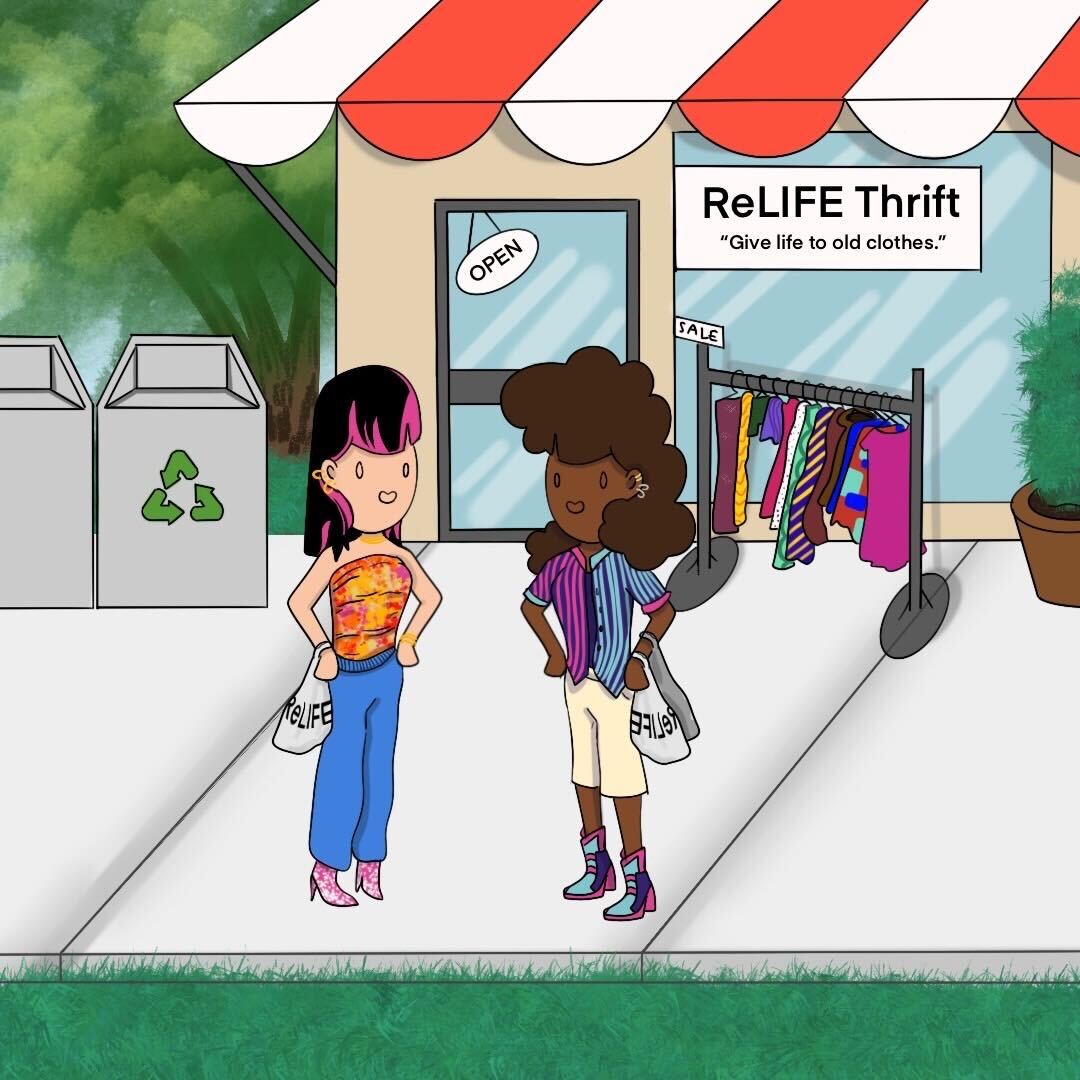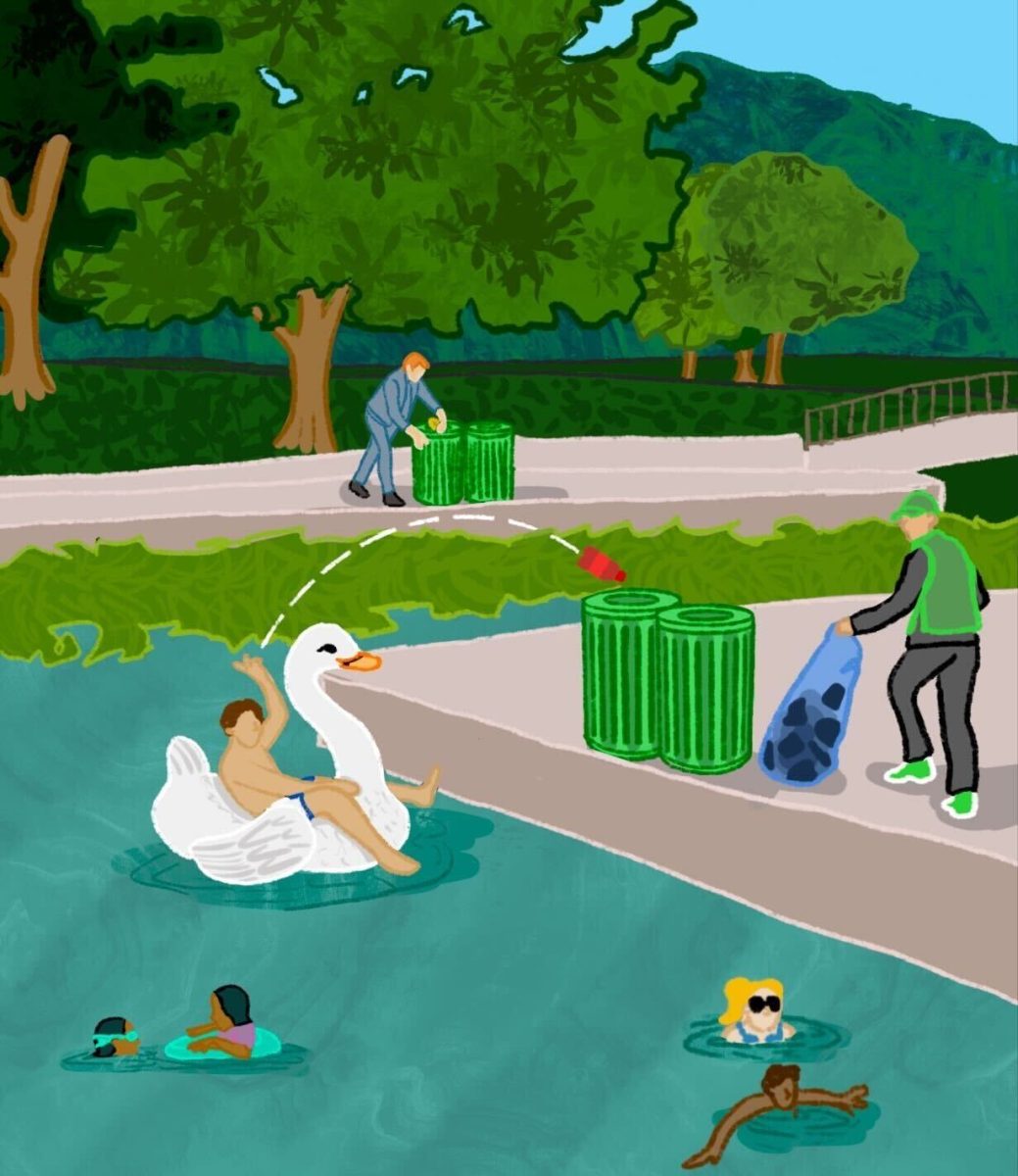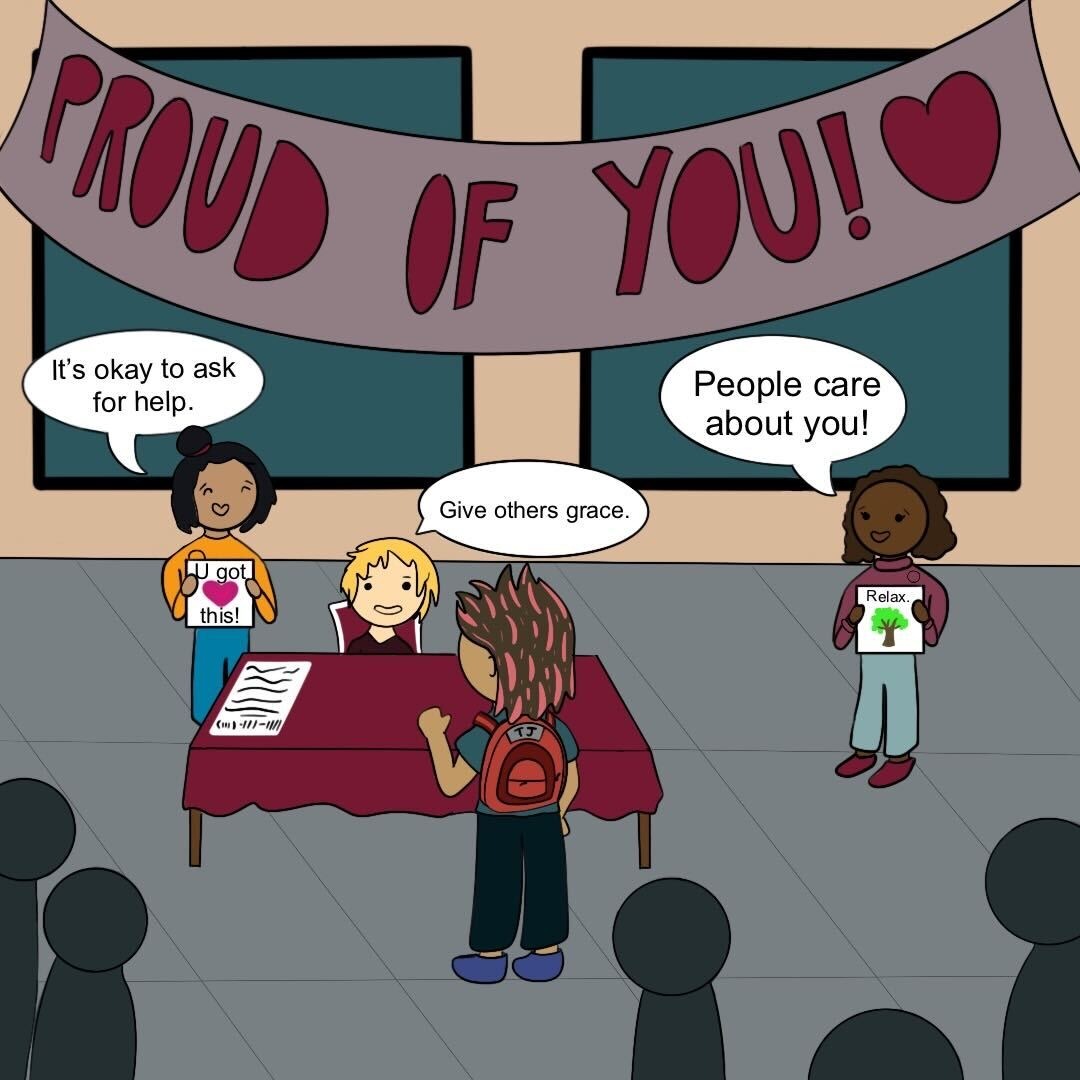With 200 e-scooters deployed by Spin throughout San Marcos and the Texas State campus, will students freely zip around town or will their addition end in chaos?
Spin’s e-scooters have come at just the right time to replace Veo-Ride dockless bikes—once a common sight around town—but they have brought with them a litany of problems that San Marcos should be aware of and prepared for. The City of Austin knows these problems all too well, and local officials could learn from their neighbors on how best to handle what could end up being dangerous and expensive.
The first issue is e-scooters are far less eco-friendly than many companies have claimed. E-scooters are typically only used for short distances, which means they are unlikely to replace gas-powered vehicles as a primary form of transportation. On campus, they may get a student from class to class quicker than a brisk walk, but they will not serve a student well to get from one side of town to another.
The e-scooters are short-lived, with an average lifespan of just a few months, compared to a dockless bike lifespan of up to five years. This short lifespan means more must be produced (with environmentally unfriendly lithium batteries) and shipped, creating its own significant carbon output—not to mention the gas burned by the cars driven by people Spin hires to collect e-scooters for recharging.
E-scooters also pose a significant health risk that bikes do not: Higher user error. While public service announcements for bike safety, including wearing safety equipment like helmets, have been around for years, scooters seem so innocuous that many riders will not take precautions.
In 2019, St. David’s ER nurse-in-training Dana Thomas said the Austin hospital received about 50 e-scooter-related injuries per week. Nearly half of Austin’s 190 e-scooter-related injuries recorded from September to November 2018 included some form of head trauma—something a helmet could prevent. Over a third of the injuries included a bone fracture.
Additionally, e-scooters are nearly silent, making it hard for pedestrians to know when to dodge them. When e-scooters are driven on sidewalks, pedestrians can be hit and suffer a severe injury. This risk increases with the elderly and people with hearing/visual impairments.
Ironically, for an industry that calls itself the ‘micro-mobility’ industry, dockless e-scooters (and bikes) pose enormous problems for those with different mobility needs. When left haphazardly on sidewalks and other pedestrian rights-of-way, e-scooters can prevent people in wheelchairs and blind people from passing.
Although Spin charges extra to riders who leave these e-scooters where they do not belong, that will not stop those who are inconsiderate enough to do so in the first place—something already becoming apparent on Texas State’s campus.
Finally, e-scooters are destined to become no more than litter. The City of Austin pulled more than 300 e-scooters out of public waterways from 2018 to early 2020—an effort that cost both e-scooter companies and the city thousands of dollars.
San Marcos’ already delicate aquatic ecosystems do not need any more disturbance than they already get from existing litter problems. How eco-friendly is a venture when its product ends up tossed over the nearest bridge?
E-scooters cost the City of Austin hundreds of thousands of dollars to mitigate the problems and study their causes on the environment. Early this year, Austin Watershed officials approximated the study to cost around $500,000 and take up to a year to complete.
The City of San Marcos would be remiss not to view Austin’s troubled relationship with e-scooters as a cautionary tale and make more of an effort to prepare for an influx of e-scooter use and misuse. If city and university officials are unwilling to do this, it may be better to ban these e-scooters altogether.
-Toni Mac Crossan is a biology graduate student
The University Star welcomes Letters to the Editor from its readers. All submissions are reviewed and considered by the Editor-in-Chief and Opinion Editor for publication. Not all letters are guaranteed for publication.
Opinion: San Marcos should learn from Austin’s e-scooter disaster
Toni Mac Crossan, Opinion Columnist
October 5, 2020
0
Donate to The University Star
Your donation will support the student journalists of Texas State University. Your contribution will allow us to purchase equipment and cover our annual website hosting costs.
More to Discover











